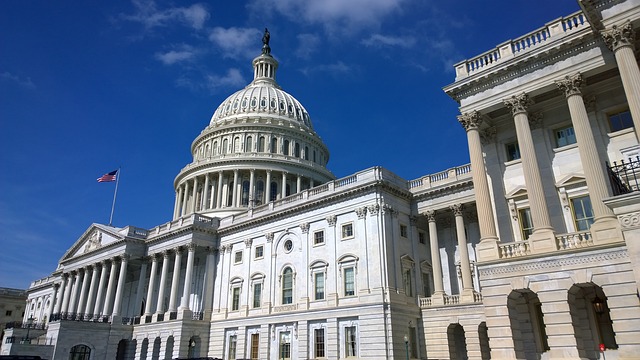If elected, Robert F. Kennedy Jr., a major Democratic presidential contender, has committed to introduce a capital gains tax exemption for cryptocurrencies when converted into US currency. According to The Street, Kennedy made this remark during a Heal-the-Divide PAC event, where he repeated his support for individual Bitcoin custody, home-based blockchain nodes, and impartial energy management.
The Internal Revenue Service (IRS) now treats cryptocurrencies as property and investments rather than conventional cash, making them liable to capital gains tax.
Furthermore, the Securities and Exchange Commission (SEC) has been vigorously tightening laws in the cryptocurrency market. As a consequence, several crypto firms have advocated for more regulatory clarity and are keenly monitoring the continuing court struggle between the SEC and Ripple, hoping for a possible change in the SEC’s attitude.
Kennedy stressed the possible advantages of his proposed measures, which include supporting innovation, increasing investment, protecting citizen privacy, encouraging domestic development of digital firms, and maintaining tech employment in the United States.
He stated that such regulations would prevent the exodus of expertise and resources to nations such as Singapore, Switzerland, Germany, and Portugal, which have been aggressively wooing crypto-related enterprises.
In a May tweet, Kennedy stated his worries about the U.S. government’s stance to the crypto business, saying, “It is a mistake for the US government to hobble the industry and drive innovation elsewhere.” He notably opposed President Joe Biden’s planned 30% tax on cryptocurrency mining, emphasizing the negative effect it may have on the business.
Kennedy’s recommendations have piqued the interest of numerous players in the crypto industry, who see them as a step toward building a more favorable regulatory climate. The appeal for better transparency and lower taxes accords with the industry’s objective to support development, innovation, and job creation in the United States.
As the presidential race progresses, Kennedy’s opinion on cryptocurrency regulation and taxes will almost certainly come under investigation. The crypto business, anxious for a more accommodating regulatory framework, awaits the results of the elections and the probable adoption of Kennedy’s suggested policies. The effect of these measures on the sector might be considerable, perhaps influencing the future of cryptocurrencies in the United States.



